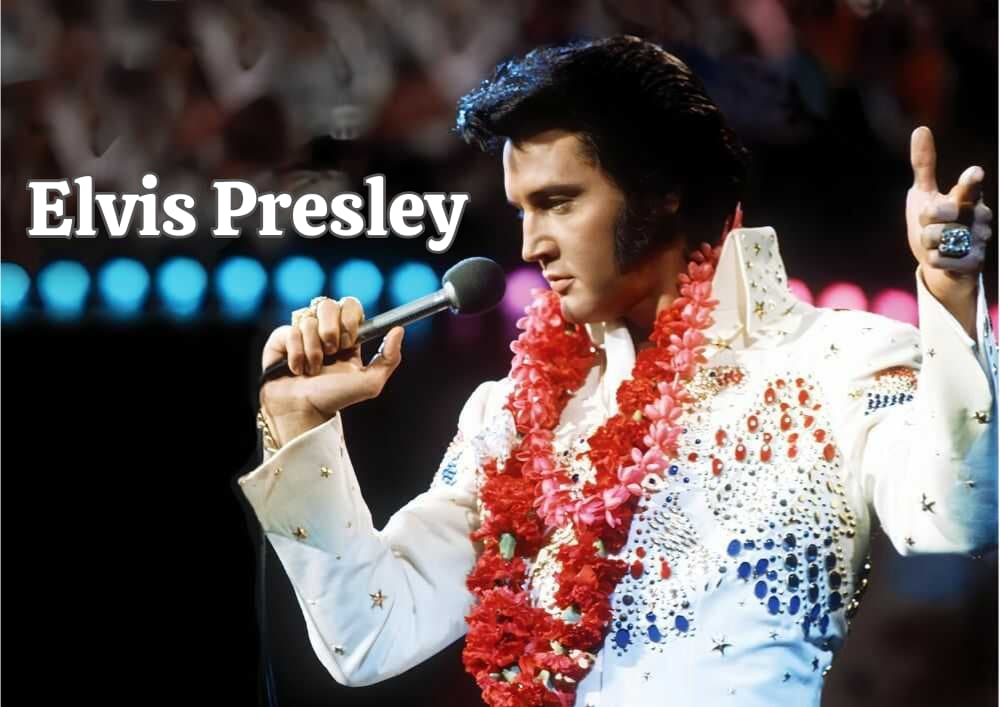
A heartbreaking farewell penned in blood and ink.
In the vast and dusty landscape of country music, certain songs don’t just tell a story; they etch themselves into the very soul of the genre. Such is the case with “The Last Letter,” a somber and poignant masterpiece by the legendary Marty Robbins. While not reaching the stratospheric heights of his crossover hits like “El Paso,” the song still found its place, a quiet, mournful whisper on the charts. Released in 1957, it charted modestly, a testament to its deep, introspective nature rather than a bid for pop stardom. It wasn’t designed to be a dance tune or a catchy jingle for the radio; it was a ballad of profound sorrow, a story meant to be heard in the quiet of a late night, with a glass of whiskey and a heart full of memories.
The story behind “The Last Letter” is as compelling as the song itself, a tale of love, betrayal, and the ultimate, tragic end. Though often misattributed to him, the song was actually penned by the acclaimed songwriter Rex Griffin. Griffin himself had a life marked by hardship and tragedy, and this raw emotion bleeds through every line of the song. The narrative unfolds through the voice of a man who has received the final, heartbreaking letter from his former lover. The words, filled with remorse and a sense of finality, are a brutal blow. She is leaving him, not for another man, but to end her own life, unable to bear the weight of her sins and her betrayal. This isn’t a story of a simple breakup; it’s a tragic confession, a final act of a woman seeking absolution in death.
The meaning of “The Last Letter” is multi-layered and deeply resonant. On its surface, it is a ballad of lost love and the pain of being left behind. Yet, beneath this, it delves into darker, more profound themes. It explores the destructive power of guilt and the feeling of being trapped by one’s own actions. The woman’s suicide is not an act of weakness but a final, desperate attempt to find peace. The song becomes a lament for the lost, a poignant reflection on the human condition and our capacity for both great love and immense suffering. Marty Robbins brings this story to life with his signature vocal style—a voice that is at once smooth and full of raw, unadorned emotion. He doesn’t just sing the words; he feels them, and in doing so, he makes us feel them too. His performance is a masterclass in subtlety and restraint, allowing the tragic narrative to unfold without unnecessary melodrama.
For those of us who grew up with the sounds of classic country, songs like “The Last Letter” are more than just music; they are a part of our shared history. They evoke memories of simpler times, of long car rides with the radio humming, and of a world where stories were told through song. Marty Robbins was a storyteller of the highest order, and this song is perhaps one of his most powerful tales. It’s a song that stays with you long after the final note has faded, a somber reminder of the fragility of life and the enduring power of a broken heart. The enduring legacy of the song lies in its unflinching honesty and its refusal to shy away from the darker side of human experience. It is a song that will continue to resonate with listeners for generations, a timeless testament to the power of a well-told story and the enduring magic of music.